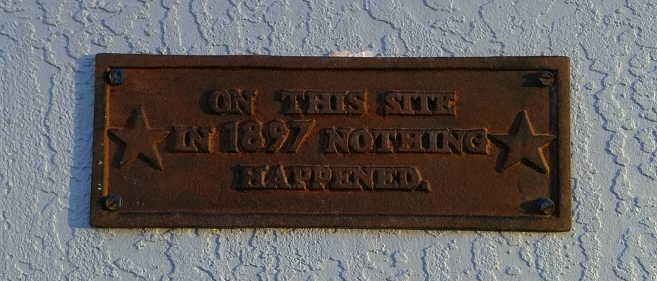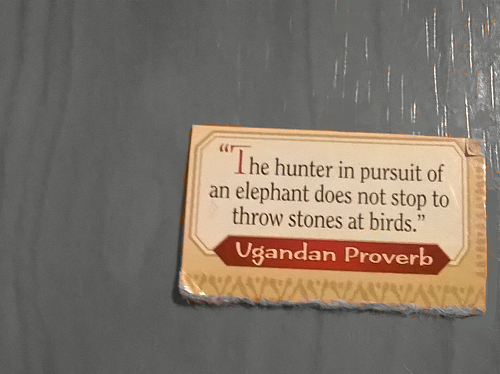Contrary to the opinion of many, productivity is not a function of speed. It’s all about results.
Making 20 sales calls in an hour is working fast. But if you make a bad impression on 20 good prospects, the hour was unproductive. (Cold calling is rarely productive, by the way. At least for most of us.)
Entrepreneurial people live in what Dan Sullivan calls the “results economy,” not the “time and effort economy. Working harder, faster, and taking fewer breaks may seem like a more productive way of living. That’s not necessarily the case. In the end, the value you produce is what matters.
All things are not equal. Knocking out 90% of the tasks on your checklist may be unproductive…if you’re doing it to avoid the handful of things that will have the biggest impact.
Now, I’ve never claimed to be the world’s leading authority on productivity. But as an obsessed freelance copywriter with 4 kids and a gorgeous wife who deserves my attention, I have to maintain a degree of focus. Not just activity, but money-in-the-bank results.
My more productive days have distinctive characteristics that my unproductive ones. When I’m “on,” here’s what’s usually happening:
- I get into motion. Inertia kills many people and projects at the starting block. It drains our reservoirs of enthusiasm and energy. Getting going is tough! Sometimes it makes sense to make the first step ridiculously easy to take. Get the forward momentum started and accelerate from there. Don’t overthink!
- Once momentum is working for you instead of against, you might be surprised how productive you can be. A little step forward, a mini-victory can go a long way.
- As a writer, this is HUGE. Don’t stare at a blank page for too long. Start writing. Your thoughts will clear up before you know it. Then go back and edit.
- I prioritize in advance. I decide what results I need to accomplish and plan activities accordingly.
- I prepare in advance. The work starts before you start working. You wipe out a lot of dilly-dally if you come fully prepared.
- I set deadlines. Without them, I’m practically dead in the water.
- I use methods already proven to work instead of reinventing the wheel every time out.
- I schedule my day, slotting my high-priority action items into times when my energy levels and focus are likely to be high – that’s usually evening for me – and my time will be uninterrupted.
The Other Part of Productivity
You have go beyond affecting your own mental and work habits. You’ve gotta produce an effect on other people.
How do you avoid doing all the right things only to fall flat when dealing with customers?
Go after the right prospects. Vegans don’t buy steaks.
Who wants what you sell? Who’s most likely to buy in the near future? Who has the ability to say “yes”? Who is already inclined to do business with you?
Strengthen the messaging. There’s a reason good copywriters and salespeople make a lot of money. Communicating persuasively multiplies productivity. I’ve seen conversion rates rise 400% and more simply by rearranging some words.
If you’re going to make sales calls or send emails, you might as well close some deals.
Use leverage. Make your intelligent efforts stretch even farther. Productivity levers include
- authority
- relationships with your existing customers
- strategic alliances
- expanding from one-to-one to one-to-many
- repurposing existing materials.
A Word About State Management
I’ve found that I’m most productive when I’m excited about what I’m working on. Creativity emerges more effortlessly when I’m confident in my abilities and knowledge.
Negativity and disagreement put me into a funk.
You have to figure out ways to get yourself pumped up and confident that you’re going to knock it out of the ballpark.
—
*Update May 2017*
Here’s the recording of a livestreamed video I shot for my Facebook group. It’s about writing faster. Because… you know…I’m a writer (and there’s a good chance you are, too):



